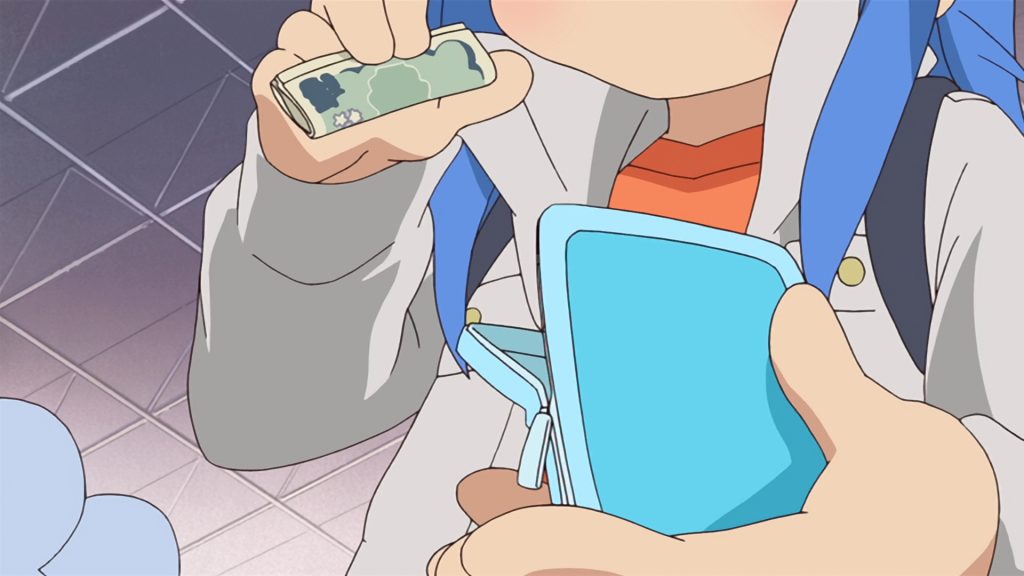We all know that Crunchyroll pays its translators a pittance to translate anime for their subtitles. The oft-cited rate is $80 per episode.
A video by Canipa recently detailed the history behind this paradigm. It goes back to the late 2000s, when Crunchyroll was making its transition to legitimacy. Ken Hoinsky, and his company MX Media, normalized the $80 price point. They could get away with this because they were previously volunteer fansubbers.
After working for free, any amount of money is better than their previous income. Also, the low rate allowed plenty of entry-level translators a way into the industry. The fact remains, however, that compared to other translation work, anime translator pay is almost insultingly low.
My question, however, is why Crunchyroll’s $80 offer isn’t even lower.

See, MX Media normalized an $80 per episode price point for anime translators, which is low, but obviously acceptable for many translators. Crunchyroll obviously doesn’t want to pay more for translation work, but what compels them to stay at $80? They already pay less than other companies in the industry.
If part of the equation involves newbie translators looking to break into the industry, Crunchyroll would be best served by ratcheting their rates down until they find a sweet spot. Ideally, they want to pay the least for the biggest pool of potential translation talent.
Admittedly, this sweet spot might be right around $80, but that raises another question: If Crunchyroll knows the sweet spot is $80, then doesn’t that mean that their translators aren’t demanding more? And if translators aren’t demanding more at scale, is there any reason at all for Crunchyroll to pay them more?
If the $80 per episode price point was unsustainable, it wouldn’t have lasted this long.
A union or agency for anime translators could potentially help by offering representation and mediation between translators and companies like Crunchyroll, but that depends on how many translators they can bring on-board, versus how many choose to stay completely freelance. Not to mention, MX Media was that kind of company in the first place, and they’re the ones who normalized $80.
The $80 per episode rate won’t change unless translators start demanding more. And if some translators demand more, others will be quick to undercut them by taking the $80.

Labor is a market. As much as the $80 rate was introduced by former fansubbers, it’s become reinforced by the market as translators continued accepting it. Crunchyroll has no reason to just decide to pay more for translation work. Translators, on the other hand, have every reason to demand more for their work, but don’t.
Translators hold power in this equation. Crunchyroll needs them, not the other way around. They’re a necessary part of Crunchyroll’s business model. The company can’t operate without translators. The problem here is that of translators undercutting one another and accepting lower rates because they think they need to.
Looking to Crunchyroll to solve the problem themselves won’t get us anywhere. They won’t decide to pay more just because some AniTwitter people and YouTubers think they should.
Crunchyroll isn’t being singularly evil here. They’re being just as evil as the market around them permits.
Should they pay their translators more? Probably. I’d certainly say they should. It’d be the nice thing to do. But “should” isn’t much of a factor when it comes to something like the price of labor.
Crunchyroll knows they can get quality translators for $80 an episode. Until that pattern changes, there’s no reason to question why they don’t pay more. The only real question we can ask is why they don’t pay less.

Pingback: Why Nobody But Sony Wanted Crunchyroll » Otaku Entrepreneur